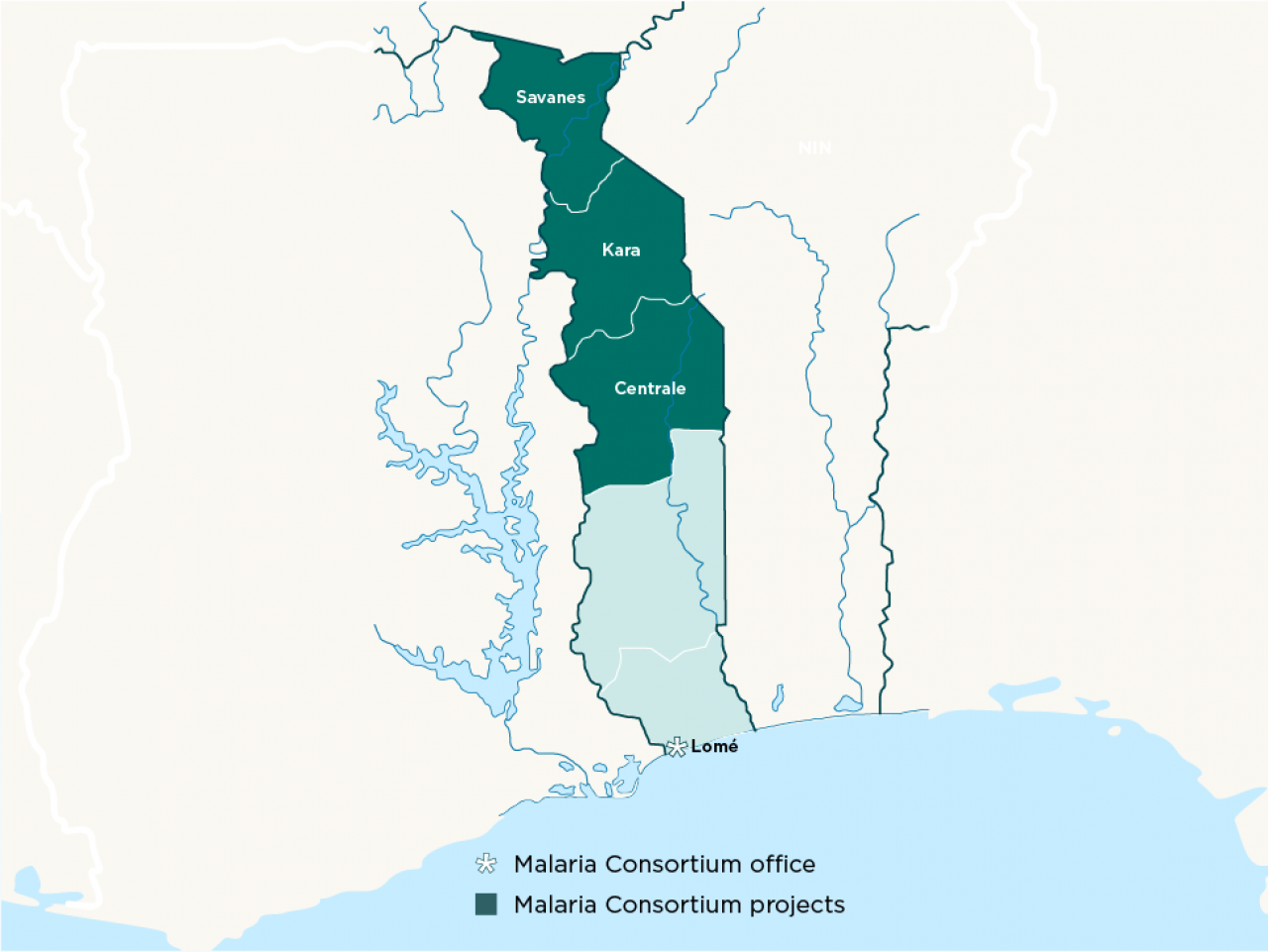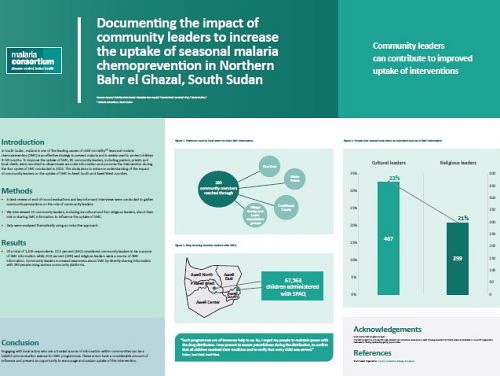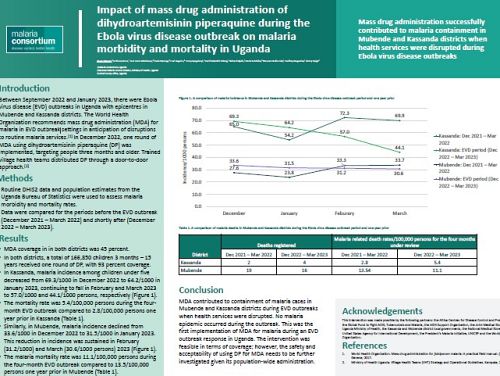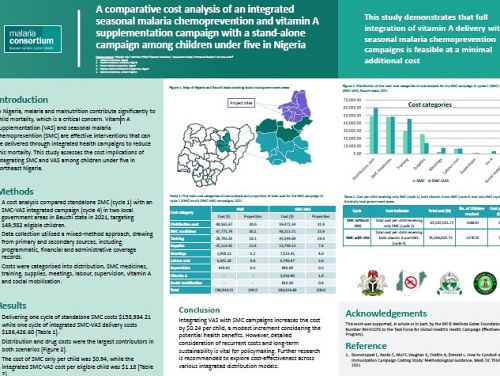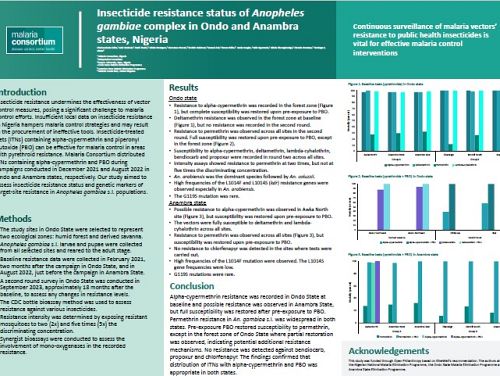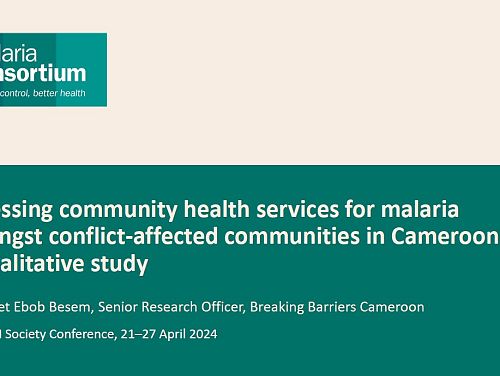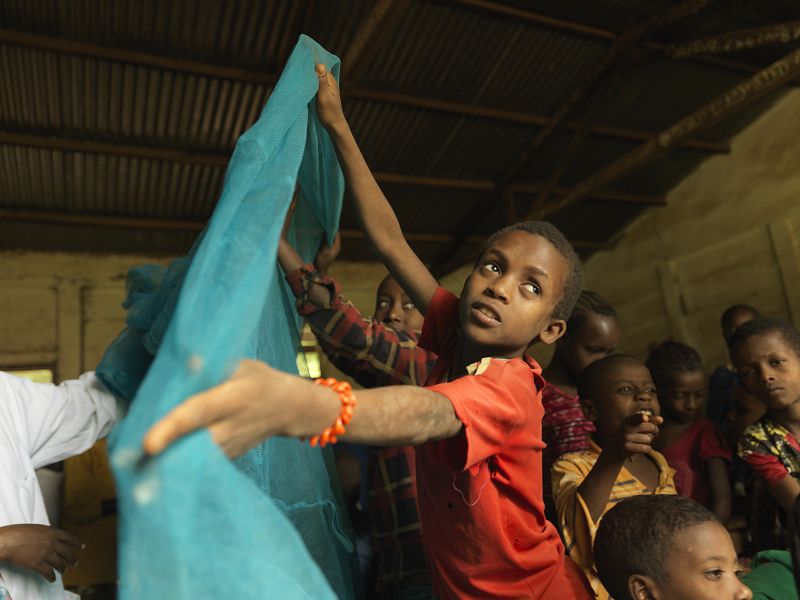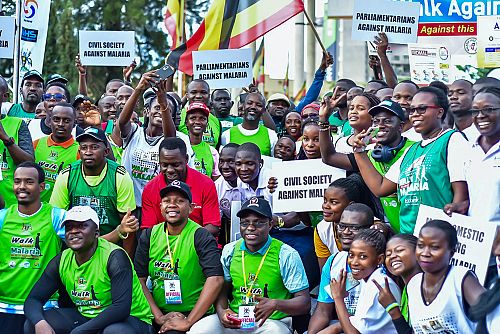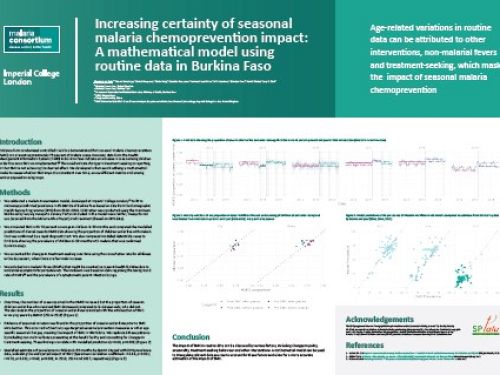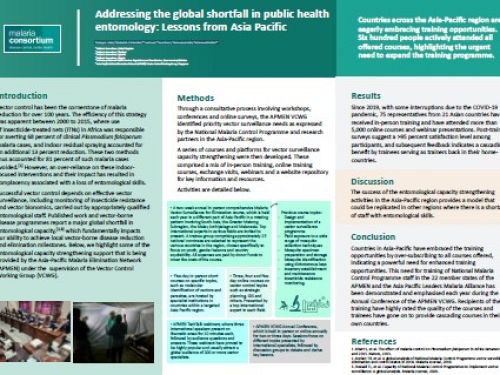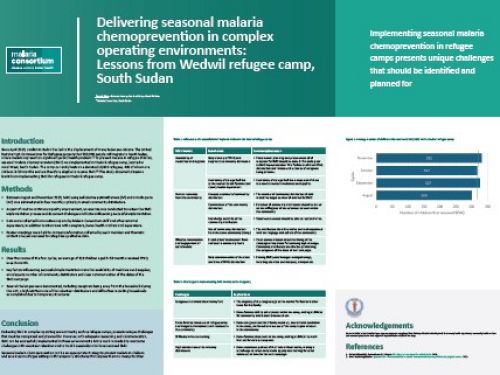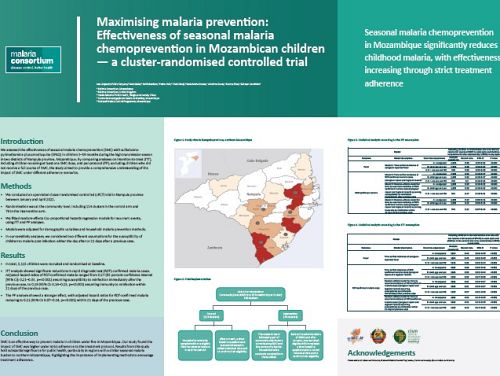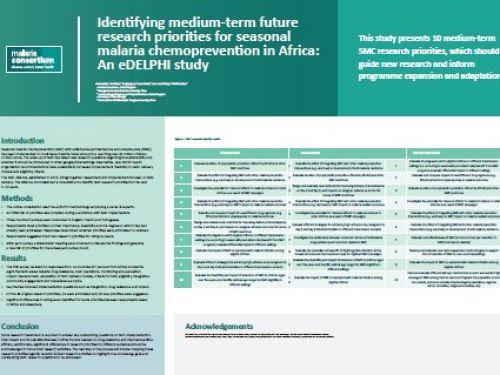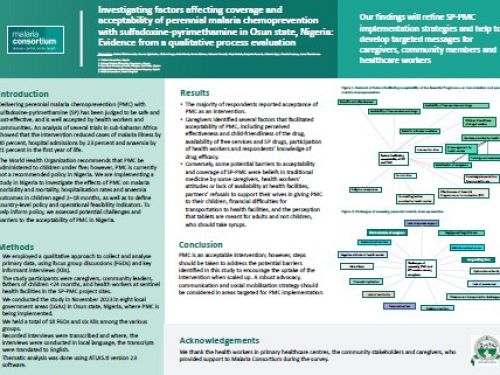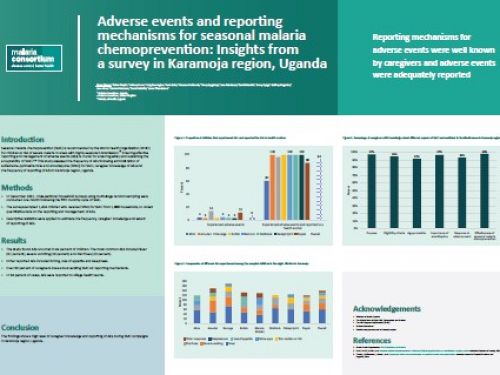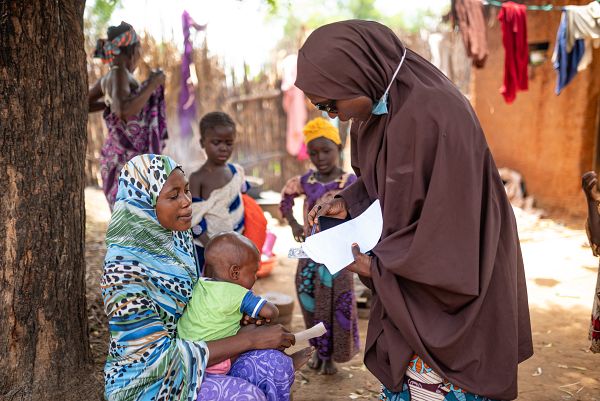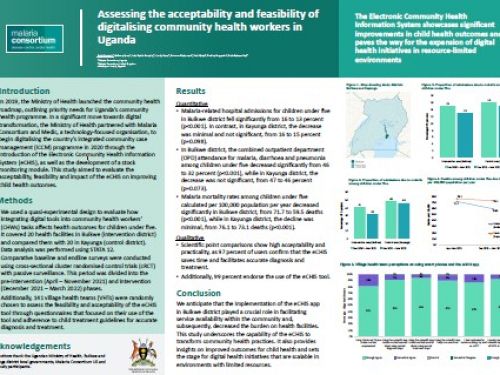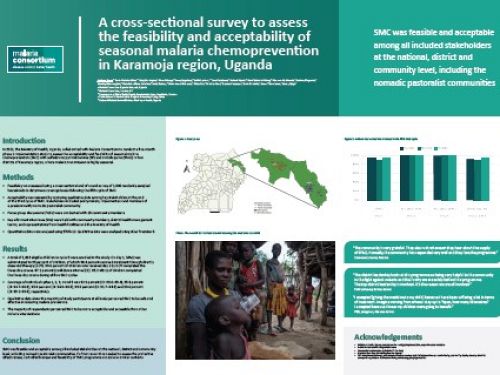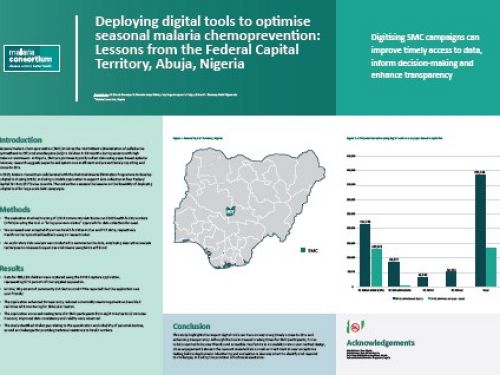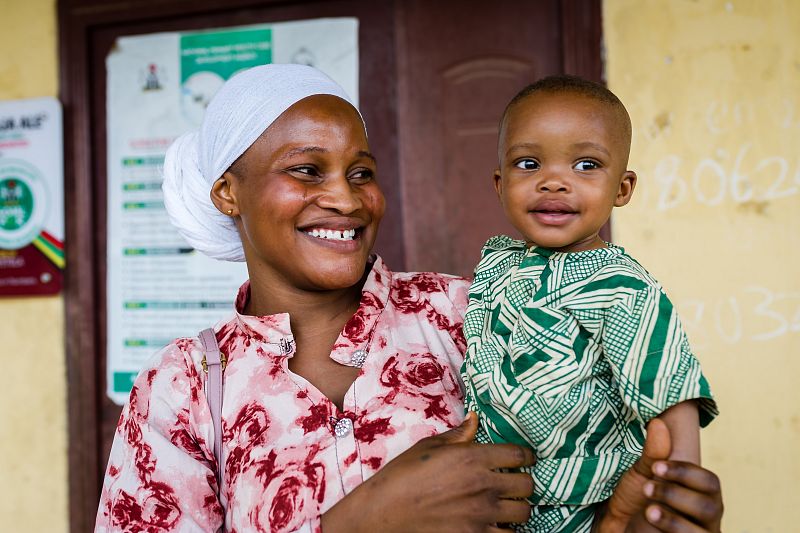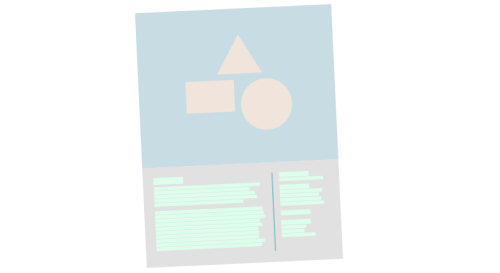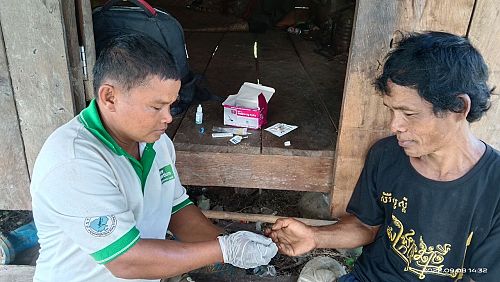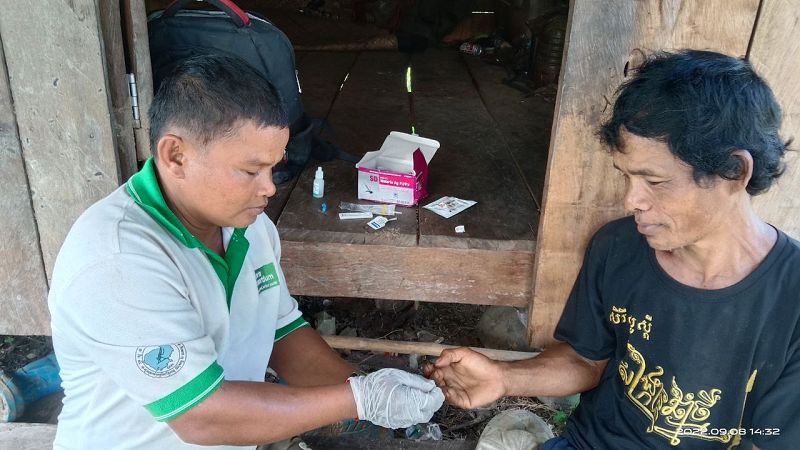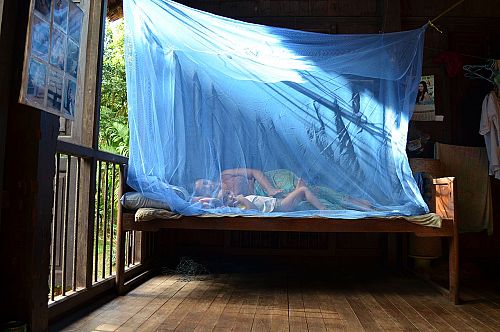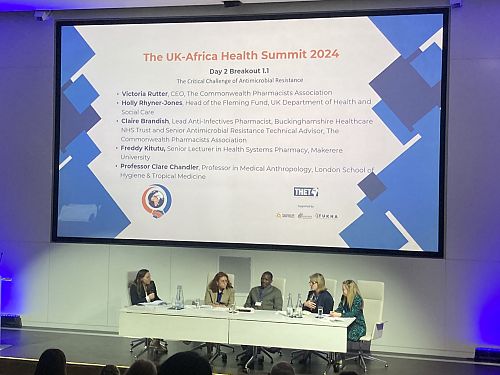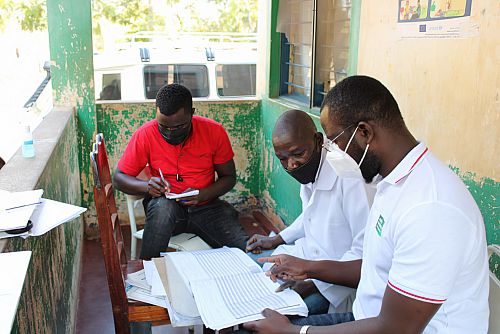Togo
In Togo, malaria is highly endemic in throughout the country, and is the leading cause of death in children under five with an estimated 1.89 million malaria cases and 3,600 deaths in 2020. Despite the treatment for malaria being relatively low-cost, critical gaps to access and quality of community health systems throughout the country prove challenging to implement effective interventions. We work closely with the Ministry of Health in addressing this through our seasonal malaria chemoprevention (SMC) programme.
Malaria Consortium in Togo
Bringing extensive experience of SMC delivery since 2014, Togo’s National Malaria Control Programme (PNLP) approached Malaria Consortium in 2019 to explore the possibility of using philanthropic funding to complement funding from the Global Fund and UNICEF to ensure full SMC implementation in the country’s three regions eligible as per the World Health Organization (WHO) recommendations. In 2020, we announced the expansion of our SMC programme to support implementation in Togo to deliver this highly effective intervention to approximately 180,000 eligible children in the Savanes region.
In addition to supporting with funding to deliver SMC to children in Savanes region, together with the Global Fund and UNICEF we assist with campaign planning, comprehensive training of community distributors and community engagement in the three regions of Savanes, Kara and Centrale. We also undertook an independent end-of-round coverage and quality surveys across all three regions where SMC is implemented to allow the malaria programme and other SMC partners to reliably evaluate the campaign.
